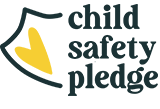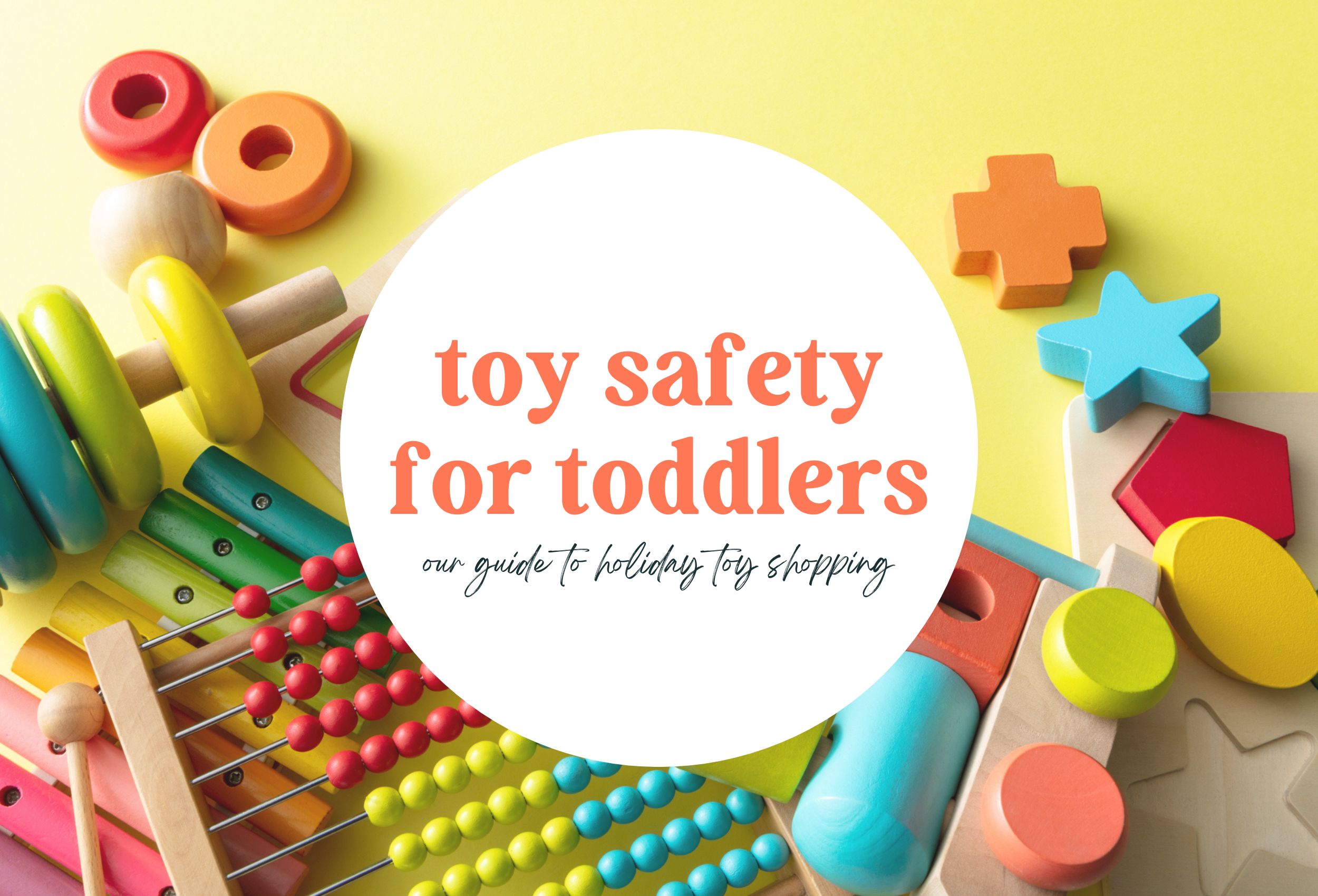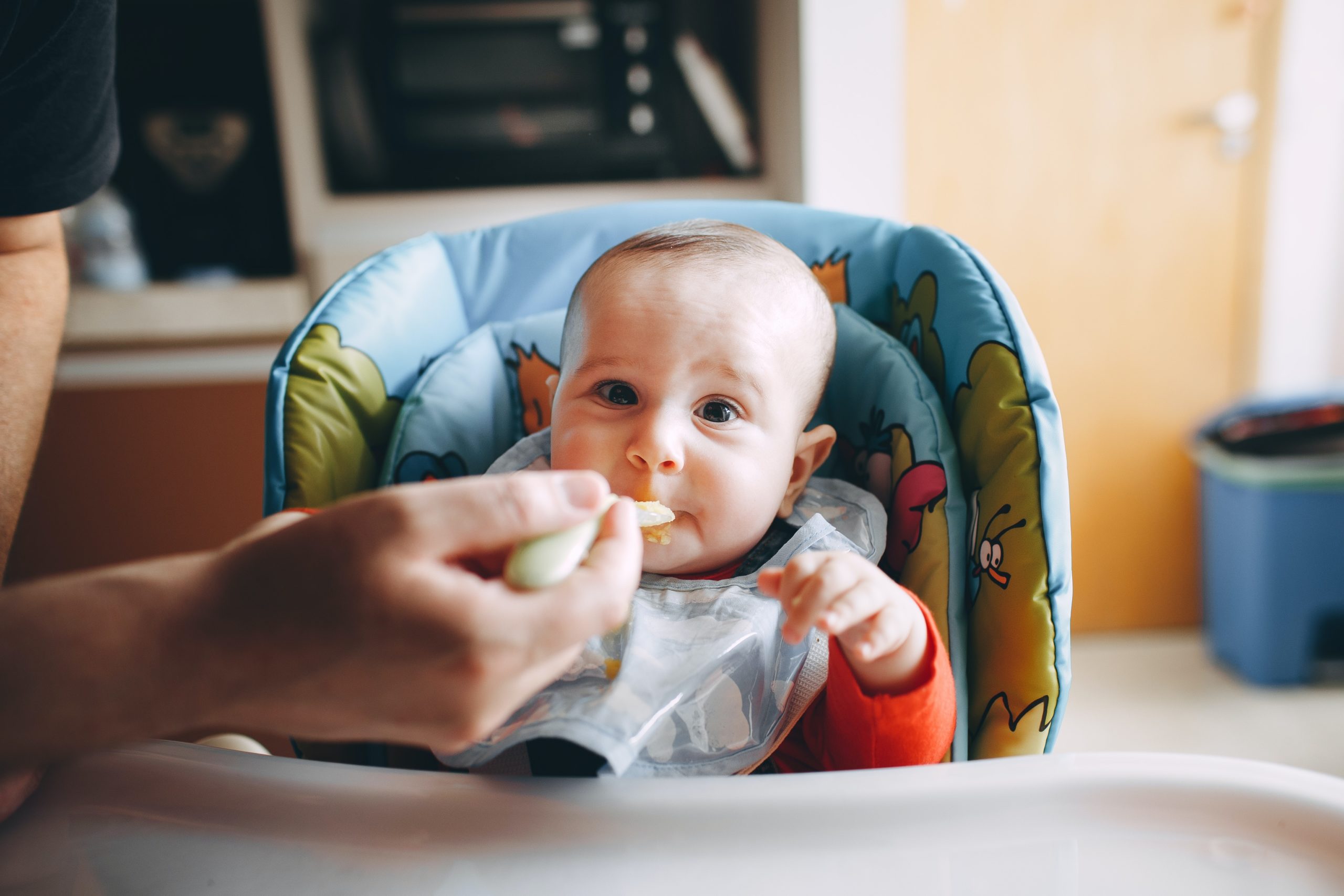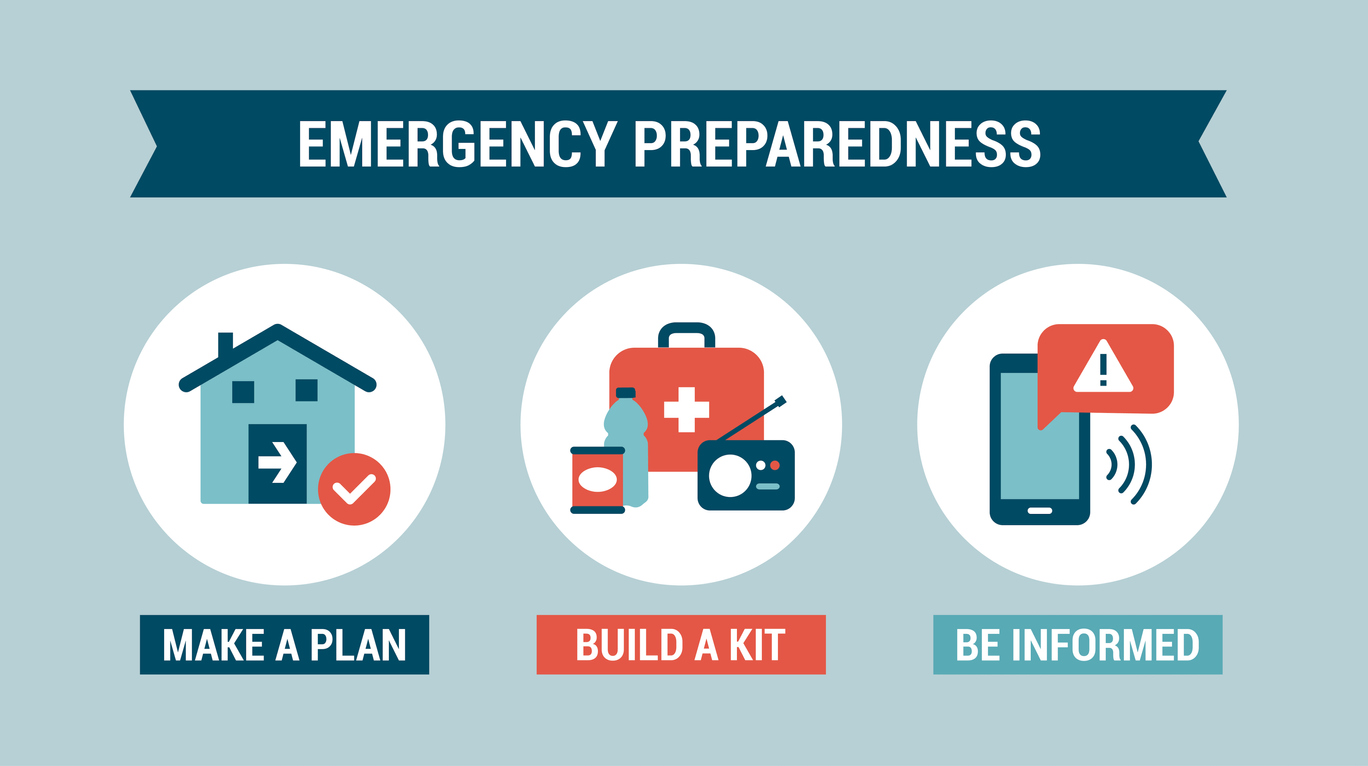Penis and Vagina.
Say it with us now, it’s ok!
These are words that our society has deemed as crude, potty words that make us automatically think of sex, right? It’s unfortunate, but it’s true—particularly in the United States. So of course, it makes sense for parents or caretakers to replace those words with softer, more subtle language, when it comes to their child’s vocabulary. Words like pee-pee, willy, peach, and cookie have become pseudo names for penis, vagina, breasts etc. No big deal, right? Wrong!
Society has decided that those words are uncomfortable to hear from our children. There’s an uneasiness about those words because they involve sex, and the thought of having discussions around sex with our children is tough. But there is a difference between talking about sex and talking about body parts, and there is an appropriate time for both.
The reality is these are real words and real body parts. Just as we teach our children about their eyes, their nose, their mouth as early as infancy—we need to teach them about their more private body parts, the penis and vagina, too.
So, why is it a big deal if your son calls his penis his froggy? Because you may know what his “froggy” is, but do all of the safe adults that interact with your child know that, too? Think about this…what if your child went to school and told his teacher that his older neighbor played with his froggy over the weekend? Would he or she assume they meant a pet frog and move on? When we encourage our children to use the real names for their body parts, there can be no confusion when someone violates their body boundaries. There’s no mistaking, when your child tells their teacher that their neighbor played with his penis, right? Right!
CLICK HERE TO READ MORE ABOUT BODY SAFETY & EMPOWERING KIDS THROUGH LANGUAGE.












Comments are closed.